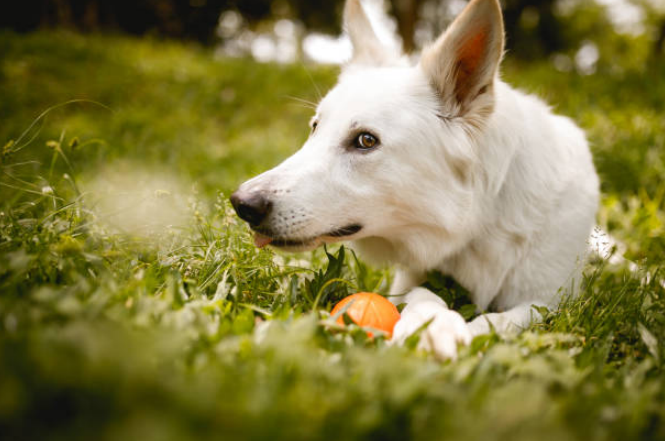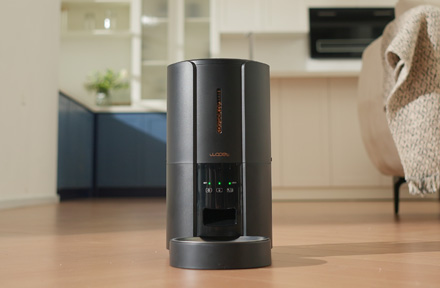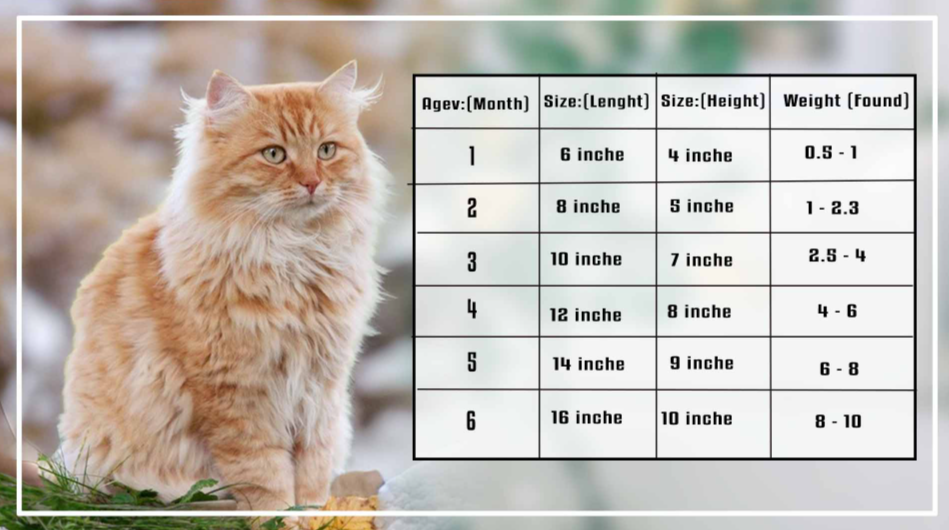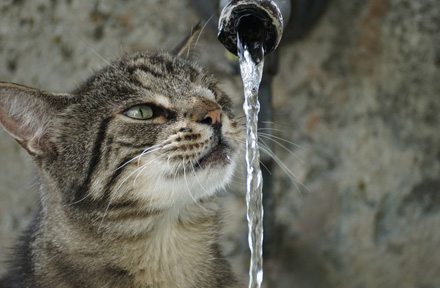Sep 12, 2025
Author:Jackson Watson
You can hardly resist the presence of white dogs. Be it the majestic charm of a Great Pyrenees or the rogueish fluff of a Bichon Frise, these snowy-haired companions are charismatic, innocent, and full of character.
Their coats glitter in the sun and stand out in any crowd--but behind that loveliness is a different set of care needs.
White dogs require a bit of extra care, whether in terms of grooming habits or skin sensitivities, to ensure the coat remains impeccable and the dog's health is maintained.
With the increasing interest of more and more pet lovers in white fluffy dogs, white dogs with long noses, and even white giant dog breeds, it is vital to know their needs.
This manual details the most popular breeds of white dogs, gives some expert grooming advice, and provides a detailed road map on how to take care of your dog if you are new or experienced.
Whether you are considering adopting one or already have a snowy companion, this blog will be your library on everything white dog.

White dogs are known to be synonymous with luxury, cleanliness, and companionship. Great Pyrenees to Maltese, white-coated breeds come in all sizes and temperaments.
A survey conducted by the American Pet Products Association in 2025 suggests that more than 18 per cent of dog owners in the U.S. choose their favorite breeds based on their white color and photogenic nature.
But there are also difficulties with white coats:
● They develop dirt and stains more readily.
● Tear stains are more visible.
● Sensitivities of the skin are more prent.
This is why it is critical to learn more about the breed and its needs in terms of care before you decide to bring home a white dog.

White dogs are available in any form and size--as small lap dogs or big guard dogs. Breeds come with their own personality, grooming requirements, and lifestyle fit. We will take a look at some of the most popular white-coated companions.
They are white fluffy dogs of medium size, and their iconic expression is the Sammy smile because these dogs were initially developed to endure Siberian winters.
They are very friendly and social and make good pets; however, they have a thick coat that must be brushed daily to keep it untangled and to avoid shedding. Samoyeds are active and like to live in active families where they can get lots of exercise and attention.
The Great Pyrenees is a dignified breed, in case you are attracted to white giant dog breeds.
These gentle giants have been trained to protect stock in rocky areas and are reputed to be peaceful and possess protective intentions.
They have long, weatherproof coats and must be groomed regularly, especially during shedding seasons. They are all sizes but are surprisingly affectionate and do well in homes where they can move around.
The Westie is a small, white, wired, spirited, and full-of-personality dog that is compact and confident. These terriers are fierce, loyal, and make good companions to their masters and their families.
Grooming also involves trimming and looking after their sensitive skin, which can be allergic. Westies are vigilant and inquisitive and can behave like watchdogs, regardless of size.
These two breeds have been clustered due to their cloud-like look and loving character.
Being white fluffy dogs, the Bichon Frise and the Maltese must be brushed daily to control their soft, tangle-prone coats.
They work best in apartments and are reportedly hypoallergenic, so they are a common choice in homes with allergy-sensitive individuals. These breeds usually have tear stains, and taking care of the face is essential.
Dogo Argentino is the favored breed of those who like smooth, muscular white dogs with long noses.
This was originally a big-game hunting breed, but it is loyal, courageous, and easily trained. Their short coats are easy to take care of and require lots of activity and mental stimulation.
Since they are highly protective, they must be socialized early and trained regularly.
|
Breed Name |
Size |
Coat Type |
Grooming Needs |
Lifespan |
|
Samoyed |
Medium |
Double, fluffy |
Daily brushing |
12–14 years |
|
Great Pyrenees |
Large |
Thick, long |
Weekly de-shedding |
10–12 years |
|
Westie |
Small |
Double, wiry |
Regular trimming |
13–15 years |
|
Bichon Frise |
Small |
Curly, soft |
Daily brushing |
14–16 years |
|
Dogo Argentino |
Large |
Short, smooth |
Occasional brushing |
10–12 years |
Brush in front to sweep dirt and avoid tangles. Take a shower once a month with no bleach shampoo. Eradicate tears once a week with a wet cloth or chamomile tea. Dry thoroughly after baths. Cut fur around the eyes and paws in order to minimize staining.
Colour should not discolour, use stainless or ceramic bowls. Wash bowls daily. Leave plastic--they breed bacteria. Filtered water is used to avoid the staining of the mouth. Keep feeding areas clean.
Examine erythema or itching on grooming. Wear hypoallergenic items infrequently. Clean bedding often. Wipe with the vet-approved wipes. Contact your veterinarian when problems continue.
Brush every other day. Wipe paws after walks. Trim nails regularly. Stick to a grooming schedule. Associate treats with grooming.
Keep tools in one spot. Wipe down the groom with a towel. Track skin reactions. Do not train your dog for more than a short time. Get expert product recommendations.

White-coated dogs are definitely beautiful, although some additional obligations accompany their beauty.
The light fur they have is more prone to be dirty, stained, and discolored than the darker fur they have; hence, cleaning them requires a little more effort. When a white dog is cared for adequately, however, it can live a healthy, happy, and shiny life.
White dogs need recurrent grooming. Their fur may show noticeable marks of dirt, tear trails, and even saliva, particularly around the mouth, eyes, and paws.
Washing your dog daily will help to dislodge dirt and keep the hair off long-haired dogs. A shower every couple of weeks with a gentle and whitening-safe shampoo would make the skin bright without irritation. Wash well to avoid depositing the residue, which blunts the coat or causes itching.
The skin of most white dogs is sensitive and probably dry, irritable, and allergic. Use hypoallergenic oils and shampoo and avoid strong chemicals. Watch out for any scratching, redness, or flaking.
As these symptoms persist, a trip to a vet enables an examination for the existence of food or environmental allergies. High omega-3 fatty acid and essential nutrient diets also prevent skin illnesses and reduce inflammation.
The coat must be in good health and proper condition, which is only achieved through a balanced diet. Get a good dog food with lean protein, vitamin A and E, and zinc, among other minerals. These are nutrients that are used to reinforce the skin and provide a glossy coating.
Fresh and clean water, which moisturizes the skin, gives the skin its elasticity, and helps in the removal of toxins, should always be available. Frequent feeding and clean bowls will also help you minimize mess and stains around the mouth.
The use of Smart Pet Fountains is convenient and hygienic, so your dog can always access clean water.
All dogs require physical activity, and white-coated dogs are no exception. Whether it is a little pet dog or a significant workhorse, play, exercise, and brain stimulation will be very important in keeping your dog physically fit and in good mental condition.
Interactive games, training exercises, and playful puzzles will make sure your dog is kept at an intellectual level and curb actions born out of boredom.
Increase or decrease the intensity and duration of the exercise according to your age, breed, and energy level of your dog.
The Interactive Treat Dispenser Toy is a fun way to combine playtime with reward-based learning.
It is no longer important how you groom your dog rather maintain a clean environment. Keep the bed soft and wash it frequently in order to avoid the accumulation of dirt, oils, and allergens.
Select a bed in which the bedding is breathable and skin-soft. Raised beds can be used to increase the air flow and minimize matting to dogs that have longer coats. Keeping a clean house also helps reduce the dust and debris that may stick to your dog's fur.
They should be taken to the veterinarian to aid in the diagnosis of health defects. Breeds with white coats are genetically inclined to certain diseases, such as deafness or skin disorders, and thus require frequent checkups.
Your dog's eyes, ears, and joints should be monitored, and any change in behavior or appearance recorded. A health journal is one of the ways you can keep track of your symptoms, vet visits, and dietary changes.
To achieve additional security, the Smart Camera Feeders allow you to check in on your dog and be connected even when you are away.
White dogs are admittedly wonderful, yet their coats need careful maintenance to maintain their bright coloration and health.
Everything counts, whether it is in grooming activities or intelligent feeding systems. You can be attracted to white fluffy dogs, white dogs with long noses, and magnificent white giant dog breeds, but the important thing is to know their distinct needs.
Do you have a white dog at home? We’d love to hear about your experiences! Share your pet story with our community and inspire other pet parents.
You can provide the love, care, and comfort your white dog needs with the right tools, such as those provided by WOpet. So, go and check it out!
Label:
Popular Post

What to Feed a Sick Dog With No Appetite? [2025 Guide]
May 16, 2023

Troubleshooting Common Issues with Automatic Pet Feeders: Tips & Tricks for Pet Owners
Oct 26, 2023

What is a standard Cat Weight chart by age Kg?
Mar 19, 2025

Why Does My Cat Cough After Drinking Water? 8 Potential Reasons
Mar 13, 2023

Why is My Cat Throwing up Water? Top 5 Causes Here
Feb 08, 2023
$109.99
$129.99
Copyright © 2025 WOPET. All Rights Reserved.